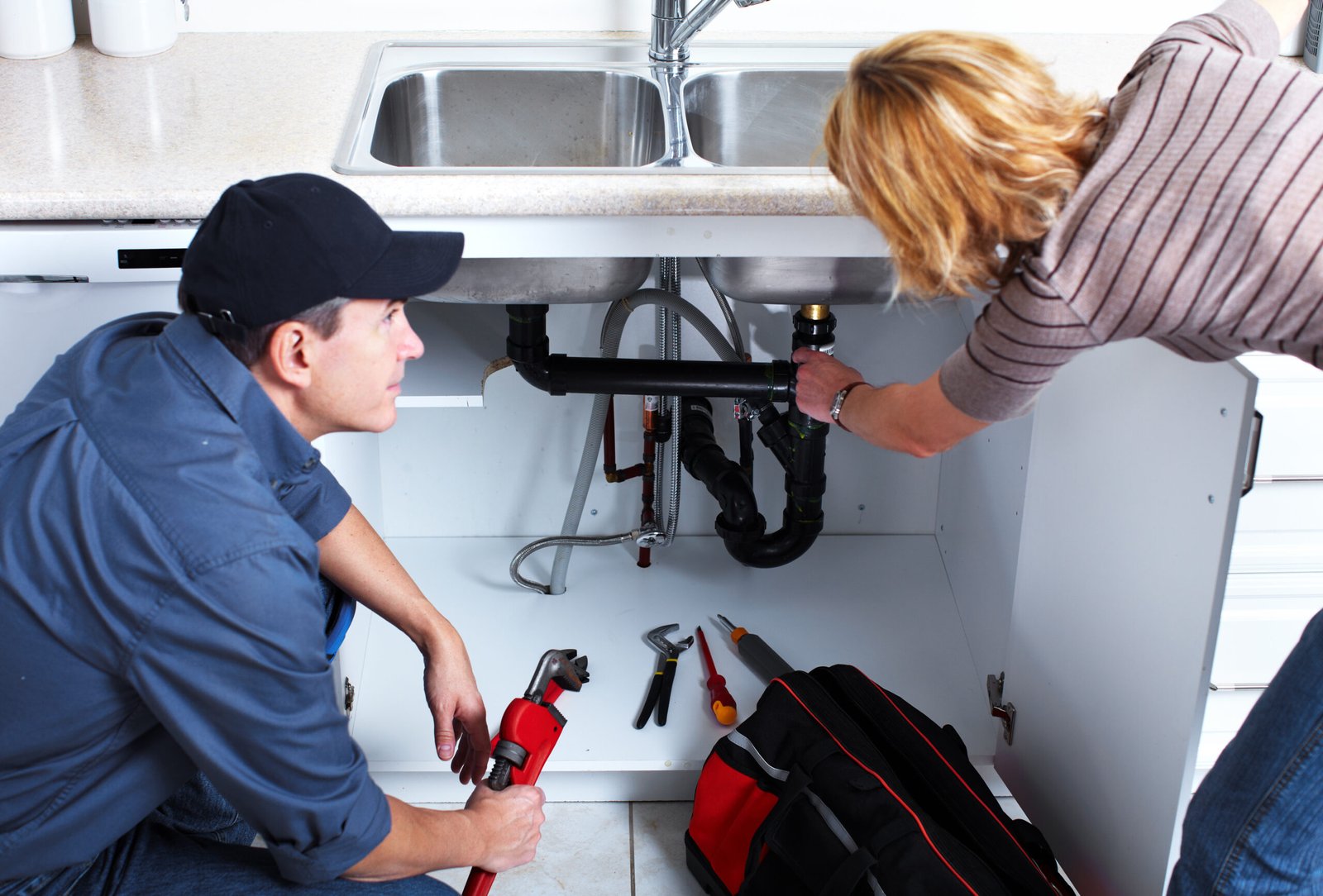Plumbing is more than fixing leaky taps or unclogging drains. It’s a skilled trade that keeps homes, businesses, and entire cities running. If you’ve ever wondered how to become a plumber, you’re not alone. With strong job security, excellent pay, and endless career opportunities, plumbing has become one of the most sought-after trades worldwide.
This guide walks you step by step through everything you need to know about becoming a plumber—education, training, certifications, costs, and the different career paths you can explore.
Why Choose a Plumbing Career?
Every career decision starts with a simple question: why this path? Plumbing offers benefits that go far beyond a steady paycheck.
Job Security and High Demand
Plumbing is a necessity in every community. Whether it’s residential homes, hospitals, schools, or factories, qualified plumbers are always in demand. According to the U.S. Bureau of Labor Statistics, employment for plumbers is projected to grow steadily due to new construction and the constant need for maintenance and repairs.
Salary Expectations
The earning potential is impressive.
| Experience Level | Average Annual Salary (US) |
| Apprentice Plumber | $30,000 – $45,000 |
| Journeyman Plumber | $50,000 – $70,000 |
| Master Plumber | $75,000 – $120,000+ |
Salaries vary by region, but experienced plumbers can easily reach six figures, especially if they run their own business.
Hands-On and Rewarding Work
Unlike desk jobs, plumbing involves solving real-world problems daily. Fixing water systems, installing pipes, and ensuring safe sanitation makes the work both practical and rewarding. Many plumbers take pride in knowing their work directly impacts public health and safety.
Education Requirements for Becoming a Plumber
You don’t need a university degree to become a plumber, but you do need the right foundation.
High School or GED
Subjects like math, physics, and technical drawing provide a strong base. Algebra helps with measurements, physics explains water flow, and technical drawing teaches you to read blueprints.
Vocational Schools and Community Colleges
After high school, many aspiring plumbers attend a trade school or community college. Programs usually last one to two years and cover plumbing systems, safety codes, and hands-on practice. Tuition costs range from $1,000 to $10,000, depending on the institution and location.
Apprenticeships: The Key Step in Becoming a Plumber
This is where classroom learning meets real-world experience.
An apprenticeship typically lasts 4–5 years and combines on-the-job training with classroom instruction. Apprentices work under licensed plumbers, learning everything from installing water heaters to repairing sewer lines.
- Duration: 8,000 to 10,000 hours of practical training.
- Wages: Apprentices earn while they learn, usually starting at 40–50% of a journeyman’s wage.
📌 Case study: John, a 19-year-old apprentice, started with no trade experience. After 5 years, he became a licensed journeyman earning $65,000 annually. Within two more years, he advanced to master plumber and opened his own business.
Plumbing Licenses and Certifications
Becoming a plumber isn’t complete without the right credentials.
State Licensing Requirements
Every state or region sets its own licensing rules. Typically, you must:
- Complete an apprenticeship.
- Pass a written and practical exam.
- Meet continuing education requirements.
Certifications to Boost Your Career
Specialized certifications make you more competitive. Examples include:
- Green Plumbing (eco-friendly water systems).
- Gas Fitting.
- Backflow Prevention.
Journeyman vs. Master Plumber
- Journeyman: Licensed to work independently but not to run a business.
- Master plumber: Highest level, allowing you to run your own company, supervise apprentices, and take on large-scale projects.
Essential Skills Every Plumber Needs
Technical knowledge is vital, but it’s not the only thing that matters.
- Problem-Solving: Diagnosing leaks and clogs requires sharp thinking.
- Physical Strength: Handling heavy pipes and tools demands stamina.
- Customer Service: Clients appreciate clear communication and reliability.
- Attention to Detail: Small mistakes can cause major water damage.
Think of plumbers as half engineer, half problem-solver, and part customer advisor.
Costs of Becoming a Plumber
Starting this career does involve some costs, but they’re far less than a university degree.
| Expense Type | Estimated Cost |
| Trade School Tuition | $1,000 – $10,000 |
| Tools and Equipment | $500 – $2,000 |
| Licensing & Exam Fees | $100 – $500 |
💡 The return on investment is excellent. Within a few years of working, most plumbers earn back their initial costs many times over.
Career Paths and Opportunities in Plumbing
Plumbing isn’t one-size-fits-all. You can choose different directions depending on your interests.
- Residential Plumbing: Homes, apartments, and small buildings.
- Commercial Plumbing: Offices, schools, hospitals, and factories.
- Specializations: Steamfitting, pipefitting, sprinkler installation, or green plumbing.
- Self-Employment: Many plumbers eventually start their own businesses.
Growth is steady: apprentice → journeyman → master plumber → business owner.
Tips for Success in the Plumbing Industry
Want to thrive as a plumber? Follow these practical tips:
- Network: Connect with contractors, unions, and trade organizations.
- Stay Updated: Plumbing codes and technology evolve. Keep learning.
- Build a Reputation: Reliability and honesty bring repeat customers.
- Balance Work and Health: Plumbing is physical, so look after your body.
Frequently Asked Questions About Becoming a Plumber
Q: How long does it take to become a plumber?
A: On average, 4–5 years through an apprenticeship.
Q: Do you need a degree to become a plumber?
A: No, a high school diploma or GED plus training is enough.
Q: Can you make six figures as a plumber?
A: Yes, especially as a master plumber or business owner.
Q: What’s the hardest part of plumbing training?
A: Most apprentices say the physical demands and long hours are the toughest.
Final Thoughts on How to Become a Plumber
Learning how to become a plumber is about more than tools and pipes. It’s a journey that blends classroom learning, hands-on training, and professional growth. With steady demand, strong pay, and room for advancement, plumbing offers one of the most rewarding trade careers available today.
If you’re ready to roll up your sleeves, start your apprenticeship, and master the craft, the plumbing industry is waiting for you.

